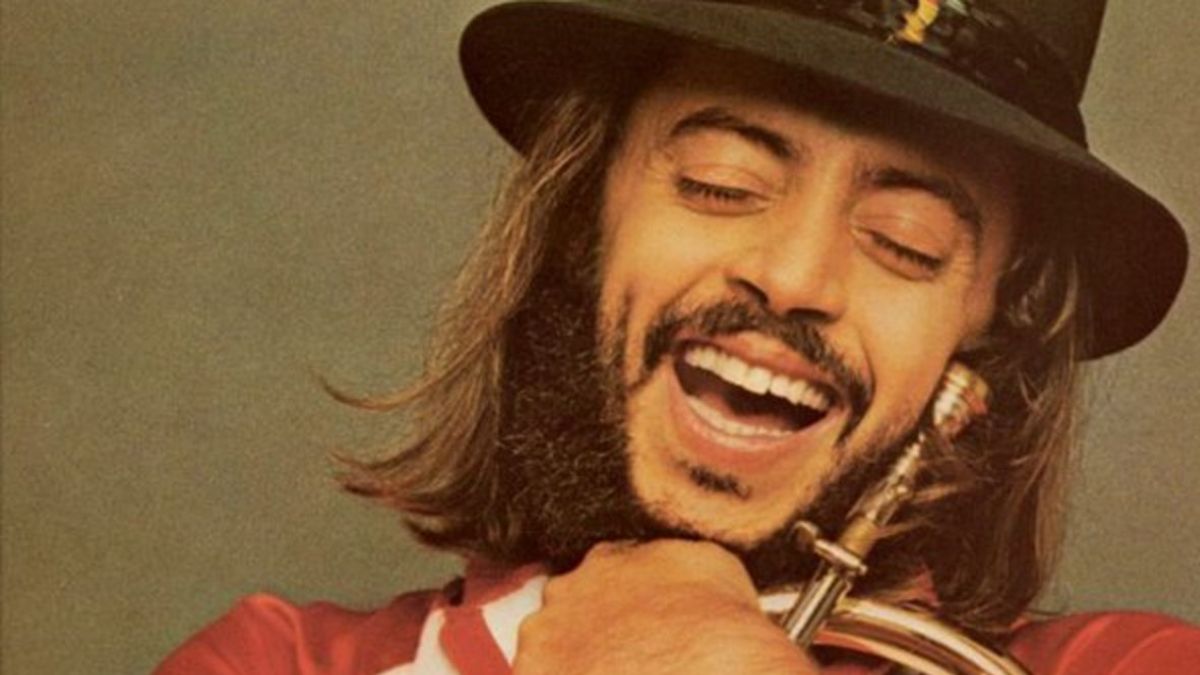Jazz fans across the globe are mourning the loss of legendary flugelhorn player and composer Chuck Mangione, who passed away peacefully at the age of 84. While the world remembers him for his iconic hit “Feels So Good” and decades of musical brilliance, those closest to him knew a very different side of the man behind the horn—a devoted family man with deep roots and a humble heart.
A Musical Legacy Rooted in Family
Born Charles Frank Mangione on November 29, 1940, to Italian-American parents in Rochester, New York, Chuck grew up in a household filled with music. His father, Frank Mangione, was a passionate jazz enthusiast who frequently invited jazz greats like Dizzy Gillespie to their home for home-cooked Italian meals. These early experiences profoundly influenced Chuck and his brother, Gap Mangione, a talented pianist. Together, the brothers formed the Mangione Brothers Sextet, later known as the Jazz Brothers, while still in high school, laying the foundation for Chuck’s illustrious career.
The Mangione family’s love for music was evident in their close-knit bond. Chuck’s father played a pivotal role in exposing his sons to jazz legends, fostering an environment where creativity thrived. Dizzy Gillespie, a family friend, was so impressed by a teenage Chuck’s talent that he gifted him one of his signature upswept trumpets, a moment that became a cornerstone of Mangione’s musical journey.
Chuck Mangione’s Family Life
Chuck Mangione was a private individual who kept his personal life out of the public eye. He was married and had two children, and his commitment to family was as strong as his dedication to music. While specific details about his wife and children are not widely publicized, his family’s statement following his passing highlighted his warmth and devotion both on and off the stage. They noted his “boundless energy, unabashed enthusiasm, and pure joy” that radiated during performances, a reflection of the love he carried for his family and fans.
Mangione’s connection to his Italian heritage was also significant. His paternal uncle, Jerre Mangione, was a noted writer, further showcasing the family’s creative spirit. Chuck’s roots in Rochester remained a constant throughout his life, as he returned to his hometown after achieving international fame and even taught at the Eastman School of Music, where he earned his bachelor’s degree in 1963.


